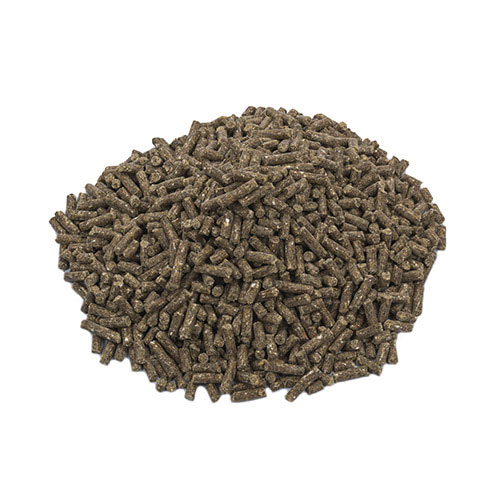News and Advice
Maintaining Productivity in Hot Weather
Heat stress occurs when the cow’s ability to dissipate excess body heat is compromised because the environmental temperature is high. Humidity further impacts this by affecting the cow’s ability to cool herself by sweating and panting.
The three signs of heat stress in lactating cows are:
- lethargic behaviour
- reduced feed intakes
- reduced milk production
The primary reason for the drop in milk production during hot and humid weather is that the cows eat less. Minimizing the environmental effects on DMI is critical to maintaining productivity in times of heat stress. This response is thought to be a survival mechanism as digesting and processing nutrients generates further heat. Ensuring cows have ready access to fresh, clean water and lots of it is paramount.
Since cows will be consuming less as temperatures rise, increasing the energy density of the diet can in part compensate for the decreased DMI.
To increase the energy density of the diet, consider providing a suitable fat source, e.g. a coated or bypass fat and/or offer feeds that produce less heat from digestion.
Heat production increases following a meal. This is a result of the heat energy from fermentation and heat of nutrient metabolism. Different types of feeds produce varying levels of heat from their digestion, largely because of the efficiency of utilisation. Fibre produces more heat in the rumen than other carbohydrate feed sources. Feeds that have high oil content also require more energy to digest and reduce the nutrient metabolism. Low fibre feed sources usually result in less heat of digestion than feeds that are higher in fibre.
The quantity of quality protein over the summer months becomes important, particularly as pasture quality drops. Protein in the diet not only supports milk production and milk protein content but protein also plays a hand in stimulating intakes or hunger. Protein sources that are higher in bypass protein or rumen undegradable dietary protein (RUDP) – which passes through the rumen and digested in the lower intestine, require less energy for digestion and hence produces less heat.
How to beat the heat:
- keep cows cool by providing shade
- have a plentiful supply of cool, clean, fresh water
- increase the energy density of the diet

Maxi Pro
Balances the diet as pasture changes occur to help maintain post peak milk production, so income can be maximised.

